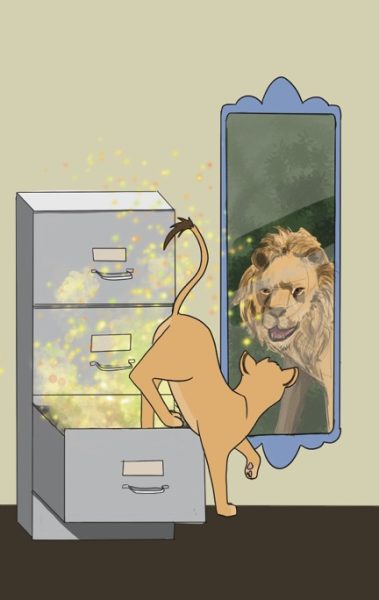“Jumping a fence for true love” or stalking?
September 24, 2020
Colton Underwood, star of “The Bachelor,” jumped a fence for love and didn’t take no for an answer after “The Bachelor” contestant Cassie Randolf broke up with him… cute! Now he’s putting tracking devices on her car and showing up outside her window… not so cute?
Nearly two years ago on behemoth reality TV franchise “The Bachelor,” Colton Underwood shocked the nation by jumping a fence for love and going after contestant Cassie Randolf when she attempted to break up with him. He was praised for being extremely romantic, and the show spun it as a love story where he never gave up. Fast-forward two years later and Colton is still not taking no for an answer. However, this time his “fight for love” is shown through threatening text messages, putting a tracking device on Cassie’s car and showing up at both her and her family’s homes in the middle of the night. So why is this allowed? Why does society allow the rhetoric of “never give up” or “fight for her” to be perpetuated through media that is supposed to promote love stories? And how is it that many of us still fall for it?
This is just another story that follows a long line of reality tv, rom-com and teenage drama TV shows that perpetuate this idea that love is “won” and fought for, even if the person being fought for initially says no. What sets Cassie and Colton apart is that this modern love story ended in a restraining order, not a romantic kiss with doves flying and music playing in the background. Our society has made you believe that if you find love, you must fight for it. But what if the object of your affection does not love you back? The concept of continual courtship and chasing after someone still seems to be considered romantic and chivalrous, but is that what modern love should be? It seems incredibly dated. This is a result of associating gentlemanly manner with unyielding courtship and the old-fashioned concept that women are considered property to be won, and more importantly, not lost.
Even Colton Underwood has talked about how being a man has changed how his fight for love is viewed by society. In an interview that has aged all too poorly, Colton said, “In my opinion, society would have viewed a woman chasing after a guy as a clinger — as sort of stalkerish. For me, everybody is like ‘that’s sort of romantic.’ I do see your point. I do. I’m not a stalker, I promise. I had a good gut feeling that [love] was there.”
What should modern-day love stories actually look like? The only modern thing about “The Bachelor” is its acceptance of polyamory, and even that ends with a forced engagement. We need to stop rewarding men for refusing to take no for an answer. Repeated courtship is not a consensual way of getting to know someone. We need to understand that love should always be a two-way street; you cannot love someone enough to make up for their not loving you back.
This type of modern-day love needs to be promoted throughout media like “The Bachelor” so young men and women do not think that someone will love you if you keep pursuing and pressuring them. We need to promote stable and healthy relationships to a point where, as a society, we can understand that “he is a stalker, I promise.”






